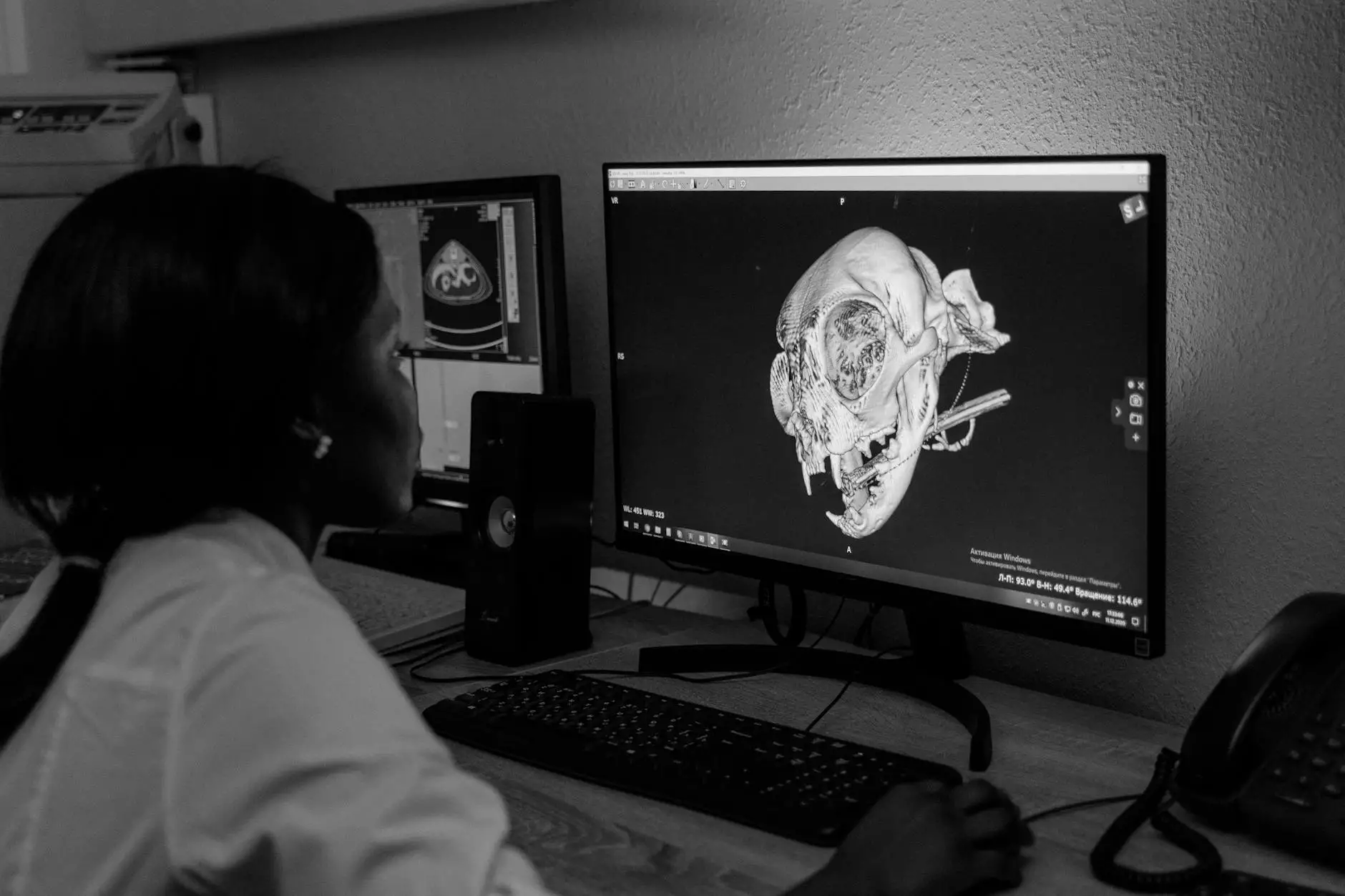The Complete Guide to Diagnose your Knee Pain Symptoms
Blog
Introduction
Welcome to Regency Square Care Center's comprehensive guide to diagnosing knee pain symptoms. As a leading provider in the geriatric and aging care category, we aim to provide expert information, tips, and solutions for individuals experiencing knee pain issues. This guide will walk you through the common causes, symptoms, and methods for diagnosing knee pain, empowering you to take control of your knee health.
Understanding Knee Pain
Knee pain can be debilitating and significantly impact daily activities and quality of life. It is essential to understand the various factors that contribute to knee pain to accurately diagnose and treat the underlying cause. Common causes of knee pain include:
- Arthritis
- Injury or trauma
- Overuse or repetitive strain
- Ligament or meniscus tears
- Problems with joint alignment
Diagnosing Knee Pain
1. Medical History
During your visit to Regency Square Care Center, our experienced medical professionals will begin by discussing your medical history. Understanding any previous injuries, underlying medical conditions, or family history of knee problems will help guide the diagnosis process and determine an accurate treatment plan tailored to your needs.
2. Physical Examination
A thorough physical examination will be conducted, including an assessment of your knee's range of motion, strength, stability, and overall joint health. Our team will carefully examine the affected knee, looking for signs of swelling, tenderness, or visible deformities.
3. Diagnostic Imaging
To further investigate the root cause of your knee pain, diagnostic imaging tests may be recommended, such as:
- X-rays: Provide detailed images of bones and joint structures to detect fractures, joint degeneration, or signs of arthritis.
- Magnetic Resonance Imaging (MRI): Produces high-resolution images of soft tissues, including ligaments, tendons, and cartilage, helping identify tears, inflammation, or abnormalities.
- Ultrasound: Uses sound waves to create images of internal structures, assisting in assessing joint health, fluid accumulation, or issues with tendons and ligaments.
4. Laboratory Tests
In some cases, laboratory tests, such as bloodwork or joint fluid analysis, may be ordered to rule out infection, inflammation, or underlying medical conditions contributing to knee pain.
Treatment Options
Once an accurate diagnosis is made, our team at Regency Square Care Center will work closely with you to develop an individualized treatment plan. Treatment options may include:
- Physical therapy exercises to improve strength, flexibility, and joint stability.
- Medications for pain management, reducing inflammation, or managing underlying conditions.
- Injections to provide targeted pain relief or promote tissue healing.
- Bracing or orthotics to support and stabilize the affected knee.
- Surgical intervention for severe injuries or cases where conservative methods have not yielded desired results.
Preventing Knee Pain
While not all instances of knee pain can be prevented, there are steps you can take to minimize the risk and maintain optimal knee health:
- Engage in regular exercise to strengthen supporting muscles and improve joint stability.
- Maintain a healthy weight to avoid excessive stress on the knee joints.
- Use proper techniques and protective gear when participating in physical activities or sports.
- Wear supportive and well-fitting footwear.
- Take regular breaks and practice proper ergonomics to reduce repetitive strain.
- Listen to your body and seek medical attention if you experience persistent or worsening knee pain.
Conclusion
Regency Square Care Center is dedicated to providing comprehensive care and resources for individuals experiencing knee pain in the geriatric and aging care category. Our guide to diagnosing knee pain symptoms empowers you with knowledge and understanding, helping you take proactive steps towards improving your knee health and overall well-being.









